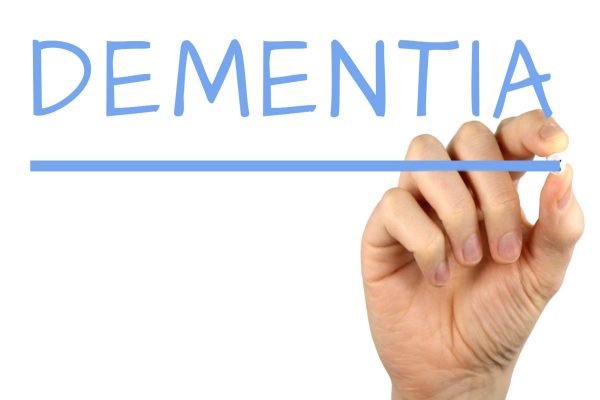Dealing with Dementia and When to Consult a Doctor

If you or a loved one begins to feel that you are starting to experience concerning cognitive symptoms such as short-term memory loss, speech impairment or listlessness, you may be experiencing early signs of dementia. Unfortunately, the condition is typically incurable, but may be some precautionary measures that can be taken to prevent the symptoms from getting worse. But what if you have only recently found out that a loved one is experiencing what would appear to be mid-stage dementia, or perhaps you suspect they are experiencing symptoms indicating they are in the early stages? So the questions come to mind: when do you consult a doctor and when do you accept that you or a loved one has dementia?
Let’s answer these questions.
What is Dementia?
The National Institutes of Health defines dementia as “the loss of cognitive functioning—thinking, remembering, and reasoning—and behavioral abilities to such an extent that it interferes with a person’s daily life and activities.” They describe that functions that may be impacted include memory, language skills, problem solving, self-management and the ability to focus and pay attention.
The Alzheimer’s Association explains that Alzheimer’s disease is one type of dementia. The condition can cause problems with memory, thinking and behavior, and symptoms typically develop slowly and get worse over time. They can become severe enough to interfere with tasks of daily living.
Caring for people with dementia can be very challenging, and having dementia is quite frustrating.
When to Consult a Doctor
Should you begin to suspect that you or a family member have dementia, it is advisable that you seek professional advice immediately. This is recommended, not to cause alarm, but rather to obtain a diagnosis, monitor the situation and better understand what may be experienced and how to manage the symptoms. This consultation can also offer relief because experienced healthcare professionals understand the symptoms and can advise on how to improve memory; they may even suggest a few memory exercises.
Seeking professional support will also help family understand how to deal with any issues that may arise in the future, bringing greater understanding into the home.
Questions to Ask a Doctor
Prepare yourself before the doctor’s appointment, as they will be the ones to answer your questions and determine whether any actions need to be taken. Below are some of the most typical questions asked by those who suspect they may have dementia.
Do I Have Dementia? If So, at What Stage is My Dementia?
Dementia can progress even though you may not realize it. It is advisable that you ask your doctor to help you determine how far along you are or if you have misdiagnosed the problem.
How Fast Does Dementia Progress?
By finding out the path of dementia, you’ll get a better understanding of what you are experiencing and what to expect in the near future.
Which Medications Might Help?
As your doctor if there are any medications you can take to improve your state of mind and/or prolong deterioration.
Is It Safe to Live at Home?
As dementia slowly progresses, some people tend to feel like a burden on their families. It is best you seek your doctor’s advice for peace of mind and an honest opinion.
People suffer symptoms of dementia on different scales; so always seek the advice of a professional to get an accurate diagnosis and quality treatment.



